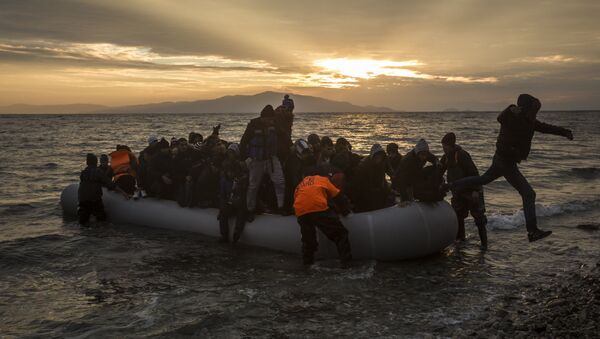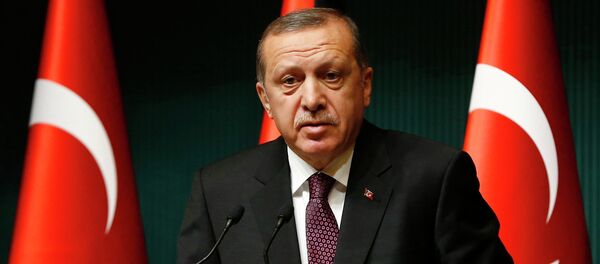EU officials are making contingency plans because of the increasing likelihood that Turkey will not fulfil the conditions of its migrant deal, which was struck in November following negotiations between former Turkish Prime Minister Ahmet Davutoglu and the EU Council.
The deal contains 72 requirements that Ankara must meet in order to receive 6 billion euros in financial aid, a speeding up of the EU accession process, and visa-free travel in the Schengen zone for Turkish citizens. In return, the EU wants Turkey to control its borders and prevent illegal migration to Europe.
On Friday, the day after Prime Minister Davutoglu left the government, reportedly due to a disagreement with President Erdogan's policies, the President made a speech in which he stated "we will go our way, you go yours," and publicly rejected the request to reform Turkey's anti-terror laws.
An EU minister told Bild on Sunday that as a result of apprehension about Turkey's willingness to adhere to the agreement and Erdogan's threats to open Turkey's border with Europe, contingency preparations are being made to find another resolution, one of which involves using Greek islands as migrant reception centers.
In this case, asylum seekers would have their claims processed on the islands, and those who are refused asylum will be deported back to their home country.
Karl-Georg Wellmann of Angela Merkel's Christian Democratic Union political party commented that controlling the borders of the EU must be the main priority.
"In any case we have to take proper precautions: protecting the EU's borders and handling asylum cases locally on the islands, not on the mainland, and deporting those who are not refugees," the politician told Bild.




